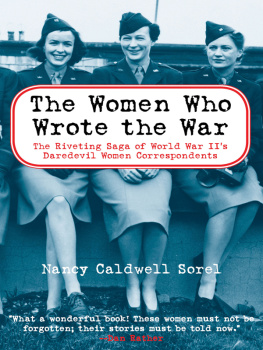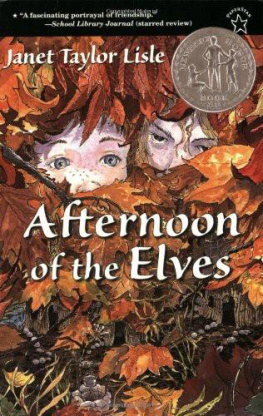1 Mrs. Buttons
I began being a conservative when I was very young. A Liberal aunt of mine, who had never herself been in need of anything material, had a deep passion for the Poor, from whom she was very careful to keep far, far away. While we still lived in England, where I was born, Auntie would frequently gather together outworn garments which her family had discarded and prepare them for the Womens Guild of our local Anglican Church. She would sit before the fireplace, I recall, and singing some sad Scots or Irish ballad in a very moving soprano, she would carefully snip every single button off the clothing.
I was very young indeed when this practice of Aunties suddenly seemed outrageous to me. Auntie, I demanded, what will the poor do for buttons?
Auntie had remarkable hazel eyes, and they usually glittered on me unpleasantly. They did so now. They can buy them, she snapped. Theyre only a tuppence a card.
I pondered. If people were so poor that they had to wear other peoples cast-offs, then they certainly were too poor to buy buttons. I pointed this out to Auntie. She smacked me fiercely for my trouble and then began:
A wicked, wicked girl! screamed Auntie. She has no heart for the poor!
My uncle, hearing Aunties shrill cries, stormed out of his studio and demanded, Now, what in hells the matter?
Auntie pointed a shaking, furious finger at me. Your niece, she said, doesnt want me to give these clothesthese poor old worthless ragsto the poor!
I was standing up now having recovered from Aunties blow. If theyre rags, I said, reasonably, why should the poor want them, anyway? And shes taken off all the buttons.
Impudence, bellowed Uncle, who like Auntie was a flaming Liberal and also very fond of making a great show of loving the Poor (whom he had never met). And he grabbed me and thrashed me on the spot. I am afraid I didnt ardently love those relatives after that, which was sinful, of course. But from that day on, buttons had a special significance for me. One rich relative did answer my cynical question about the button snipping with the brief reply, Its thrifty, and I suppose, Janet, thats something youll never be. Thrift is an estimable virtue, but somehow when I encounter thrifty Liberalsand they are inevitably tight with their own moneyI always seem to see those damned buttons being snipped off the clothing for the poor. I often think of the old couplet written by some Englishman who ought to be immortalized:
To spread the wealth the Communists willing:
Hell tax your pennies and keep his shilling.
To this day I often find myself referring to male and female Liberals as Mr. Buttons or Mrs. Buttons, among the less invidious names I employ when I am in form.
My Grandmothernever Grannywas not a Liberal. She was a short red-haired, belligerent, and very gay little Irishwoman who, when necessary, was tight with a quid but could be lavish at times and would slip a small girl a sovereign on her birthday with the wise admonishment, And yell not be telling your Dad or Mum, if yere sensible. I was always sensible on those occasions. Grandmother had a low opinion of her offspring, all four of them, and their wives. If she had a favorite, it was I, who was named after her. I loved her conversation, and she would always listen to me, so one day when I was visiting her in Leeds I told her about those accursed buttons.
Niver trust anyone who weeps for the poor, said Grandmother, unless theyre damned poor, themselves. Ive found that a sound rule-of-thumb to this very day. This does not mean I am against the poor, and never help them. I do. But I first make sure they want to help themselves. And I dont weep over them.
When I was four years old and just about to embark on my studies at Miss Brothers exclusive school for young ladies and gentlemen in Manchester, my parents decided to brief me on the matter. I already had a furious dislike for the school, which I had never seen, and was upstairs in my bedroom brooding about it, while the cold September rains of England lashed the windowpanes. I received the summons from my elderly parentsrespectively twenty-two and twenty-six at that timeto join them before the parlor fire downstairs. I rapidly ran over my days sins in my mind while I reluctantly went downstairs to receive what undoubtedly would be a deserved punishment. I decided the major sin was being in the jampots that afternoon, in the scullery, while Mama was resting. So I was understandably apprehensive when I entered the parlor, and my parents expressions did nothing to relieve my fears.
Stand there, on the hearth, said Papa, fixing me with his cold blue eyes. Mamas stare was no less forbidding. So. I stood on the hearth, trembling. My thrashings were never taken meekly, but with some telling kicks on my part, for though I was only four I was very big and strong.
You are going to school tomorrow, said Papa, as if I didnt know the disastrous day. I will take you when I go to my studio at the Manchester Guardian, at eight oclock. And I want to warn you, Papa added in a terrible voice of doom and threat, if you do not behave in Miss Brothers School, and if I hear from her one word of your mischief or insolence, you will be thoroughly thrashed. Is that clear?
Yes, Papa, I replied.
You will be neat and tidy, eat nicely, be polite and obedient at all times, and never answer back, said Mama with severity, You will learn. Your father will inspect your lessons every night. Is that understood?
Yes, Mama, I replied.
And youll never be tardy, said Papa, who hated to get up in the morning and hated to be on time and had to be rousted out of bed and hurried by Mama every day. But at least he thought promptness was a virtue, if a foul nuisance, and never permitted a child to comment on inconsistencies.
I could see that my parents were considering the sound principle of never a lick amiss, so I hastily curtseyed and got out of there up to my bedroom, where I spent most of my time. I busied myself laying out my woolen frock for the morrow. I then polished my boots. After that I took my bath, cleaned my teeth, brushed my long red hair, went to bed and contemplated how much I could cut out of my elaborate prayers. I decided not to speak to the Archangel Michael that night, nor to all the saints, and to omit Miss Brotherswhom I had never metfrom my petitions. But I did pray for dear Mama and Papa, and for two dolls at Christmas, and went to sleep. Without the resentments, either, that the child psychologists say children always feel when they are sure they are being treated unjustly. It never occurred to me that there was any injustice in my life. I lived the life of the usual middle-class British child, and all my playmates were treated firmly and thumped regularly by their parents. Cest la vie. Children are tough little animals, not tender blossoms.
The next day was vile, as only English autumns can be vile, with heavy gray rain and shouting winds. Papa refused to be stirred from bed, even by doughty Mama, until nine, and it was now half-past six. Let her go, herself, he said. She knows the way.



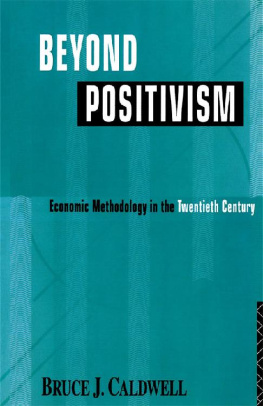
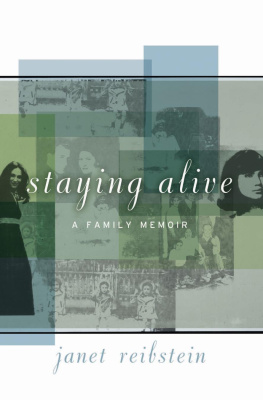
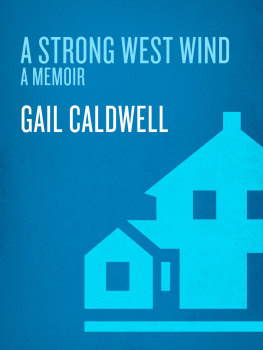

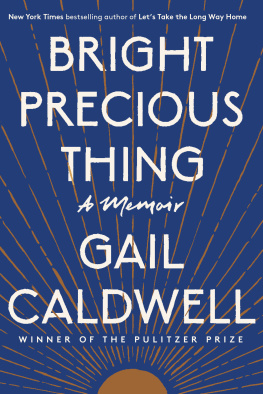
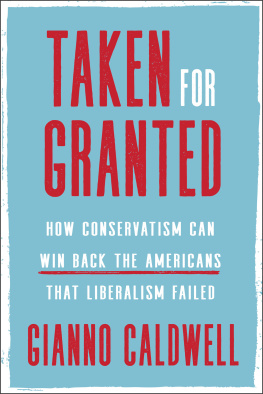

![Chloe Caldwell [Chloe Caldwell] - Women](/uploads/posts/book/114454/thumbs/chloe-caldwell-chloe-caldwell-women.jpg)
